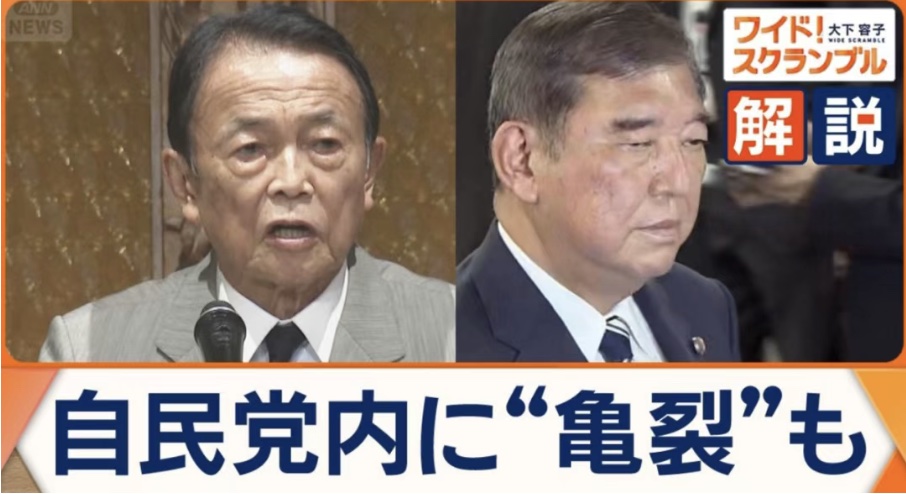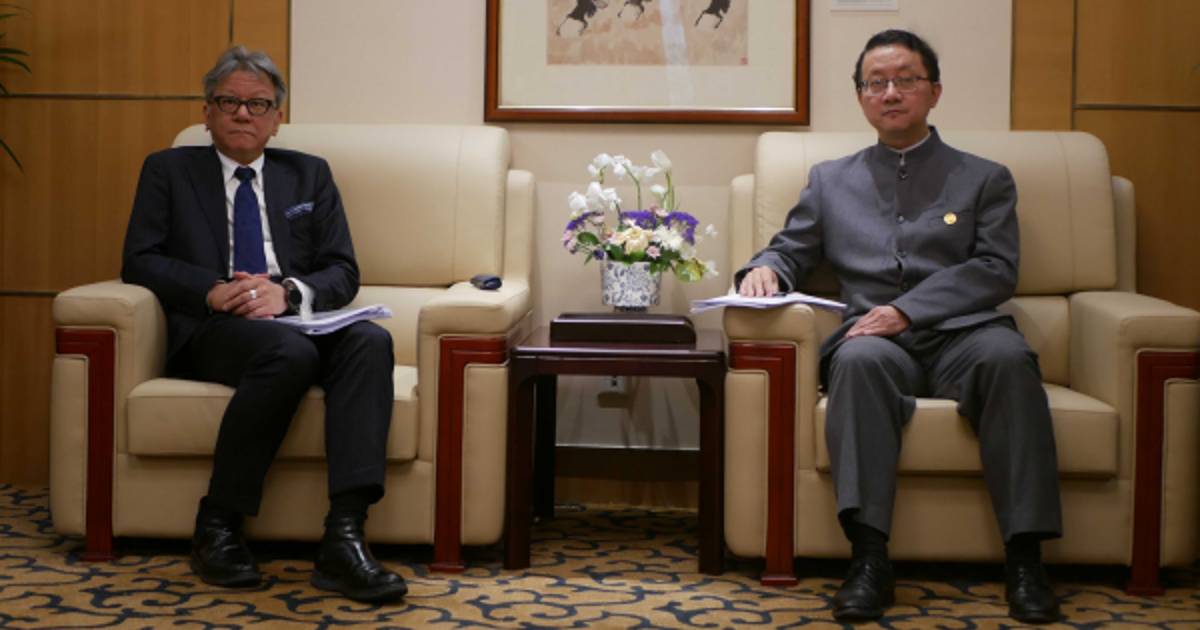Tokyo, Sept. 7 – Japan’s Prime Minister Shigeru Ishiba has announced his resignation, marking the end of a turbulent tenure that collapsed under party infighting and electoral defeat.
The announcement came this afternoon, sending shockwaves across the country and immediately trending at the top of Japanese social media. Just days earlier, Ishiba had insisted he would remain in office to tackle pressing policy challenges, giving no indication of stepping down.
Party Abandonment After Election Defeat
The turning point was July’s House of Councillors election, where the ruling Liberal Democratic Party (LDP) suffered a major setback. Already weakened by declining public support, Ishiba faced mounting calls to resign from within his own party. Over the past two months, pressure snowballed into what became known as the “Ishiba-oroshi” (topple-Ishiba movement).
By September, even senior party figures had lost patience. On the evening of September 6, Agriculture Minister Shinjiro Koizumi and LDP Vice President Yoshihide Suga confronted Ishiba at the Prime Minister’s residence. Their message was blunt: step down voluntarily or face public humiliation in an internal confidence test scheduled for September 8.
A Lonely Leader
Analysts say Ishiba’s downfall reflects his inability to consolidate power within the party. Unlike predecessors such as Shinzo Abe and Yoshihide Suga, who maintained factional loyalty despite weak approval ratings, Ishiba never secured a strong base in the LDP. His rise to power was fueled by a surge of popular sentiment, but without firm backing, he became increasingly isolated after the electoral loss.
Although Ishiba retained some popularity among the public, even being seen as a reformist willing to speak candidly, critics argue he lacked the political pragmatism and bargaining skills necessary to manage Japan’s complex power structures.
What Comes Next
With Ishiba’s resignation, attention has already shifted to his successor. Japanese media suggest the next prime minister will likely emerge from a shortlist that includes former Prime Minister Fumio Kishida, Shinjiro Koizumi, and conservative lawmaker Sanae Takaichi.
Observers warn that Ishiba’s departure could herald a new period of political instability in Japan, as the LDP grapples with internal divisions and a restless electorate.



